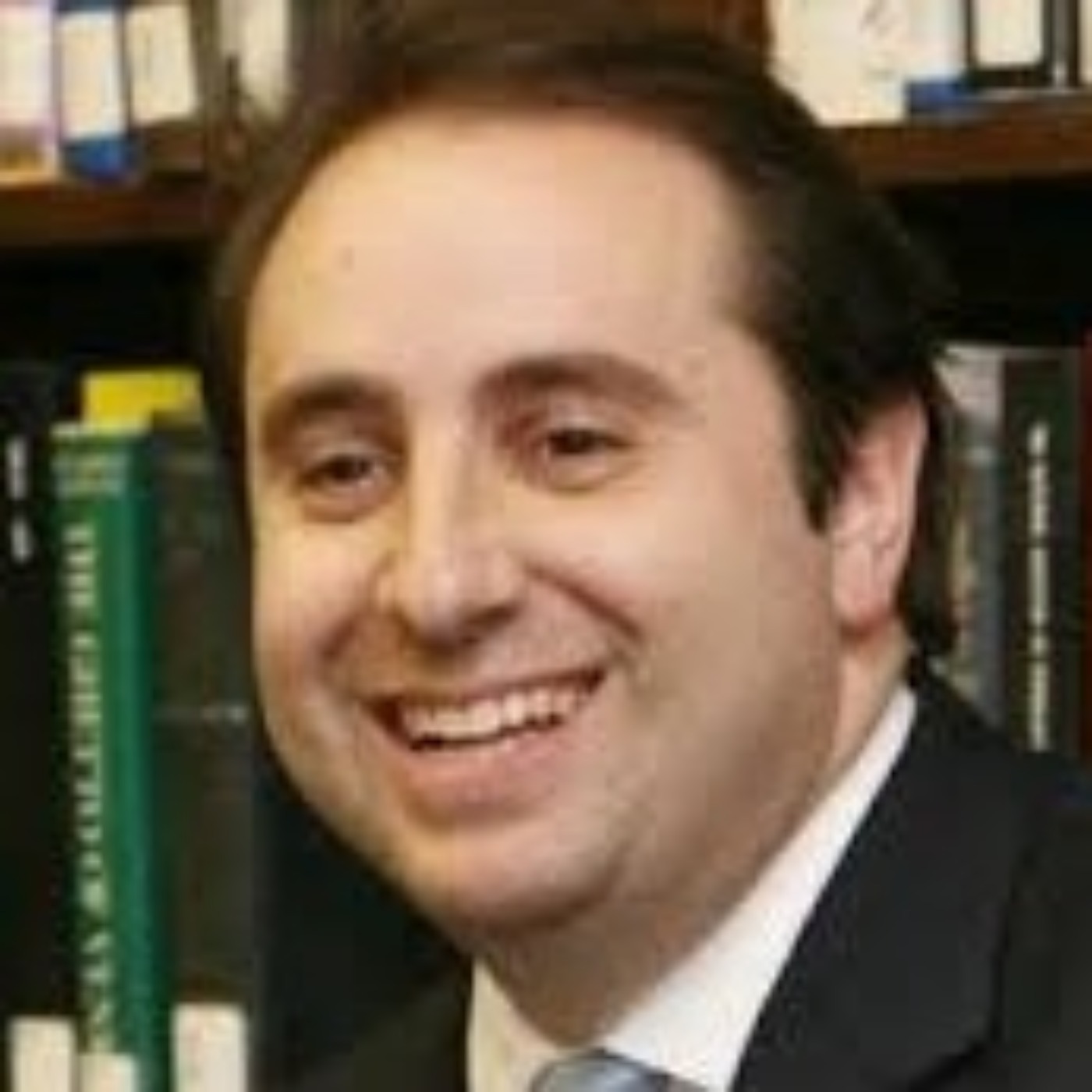- religion
- SEE MORE
- classical
- general
- talk
- News
- Family
- Bürgerfunk
- pop
- Islam
- soul
- jazz
- Comedy
- humor
- wissenschaft
- opera
- baroque
- gesellschaft
- theater
- Local
- alternative
- electro
- rock
- rap
- lifestyle
- Music
- como
- RNE
- ballads
- greek
- Buddhism
- deportes
- christian
- Technology
- piano
- djs
- Dance
- dutch
- flamenco
- social
- hope
- christian rock
- academia
- afrique
- Business
- musique
- ελληνική-μουσική
- World radio
- Zarzuela
- travel
- World
- NFL
- media
- Art
- public
- Sports
- Gospel
- st.
- baptist
- Leisure
- Kids & Family
- musical
- club
- Culture
- Health & Fitness
- True Crime
- Fiction
- children
- Society & Culture
- TV & Film
- gold
- kunst
- música
- gay
- Natural
- a
- francais
- bach
- economics
- kultur
- evangelical
- tech
- Opinion
- Government
- gaming
- College
- technik
- History
- Jesus
- Health
- movies
- radio
- services
- Church
- podcast
- Education
- international
- Transportation
- Other
- kids
- podcasts
- philadelphia
- Noticias
- love
- sport
- Salud
- film
- and
- 4chan
- Disco
- Stories
- fashion
- Arts
- interviews
- hardstyle
- entertainment
- humour
- medieval
- literature
- alma
- Cultura
- video
- TV
- Science
- en
Conserving Torah 4 with Rabbi Marc Gottlieb-Sephirah-Liberation through the Medium of Time

Rabbi Mark Gottlieb is Senior Director of the Tikvah Fund and founding Dean of the Tikvah and Maimonides Scholars at Yale University. Prior to joining Tikvah, Rabbi Gottlieb served as Head of School at Yeshiva University High School for Boys and Principal of the Maimonides School in Brookline, MA.His writing has appeared inFirst Things,Public Discourse,the University Bookman,the Algemeiner,andthe Jewish Review of Books. Rabbi Gottlieb is a member of the Orthodox Forum Steering Committee and serves on the Editorial Committee ofTradition: A Journal of Orthodox Jewish Thought.Jewish scholars through the ages have attached multiple aspects of significance to the command to Count the days of theOmer.Rabbi Gottlieb ventures into this well-trodden domain armed with some important ideas of religious philosophers and emerges with a message desperately needed to extract us from the stultifying malaise brought on by the Corona confinement.Beginning with an idea presented by Rav Yosef Dov Soloveitchik in 1945,that the salient difference between a slave and a freeman is how each one perceives time,he elaborates: a slave\u2019s lack of self-worth andinvolvement in the purpose of his labors perforce generates an emptiness in theEved's consciousness, the simple articulation of a count towards a goal, indicates that this "Hebrew" is actually an actor and author of his own life.Soloveitchik forcefully states that thisMitzvahwas the key spark that began the metamorphosis of a tribe into a nation with a purpose.In the novel historical analysis of Lord Jonathan Sacks some sixty years later, Gottlieb traces a direct line to the broadening of Soloveitchik's ideas.Rabbi Sacks suggests that, at the dawn of the Renaissance, the element that caused the West to leapfrog over the scientifically superior Chinese East was the incorporation of the Jewish sense of history and truth as part of a narrative, seeing God and humanity as unbound by the heaviness of nature that had been the focus in the Orient.Sacks goes further in suggesting that the American revolution's success in bringing deep societal change over its French and Russian counterparts was due in large part to the Founding Fathers seeing "Truth" as a story that was flexible and dynamic, moving through surprising middle stages towards a glorious ending pulled by rational human decisions but not subject to the rigidity of a philosophical system.The thinkers of Paris and Saint Petersburg conversely enmeshed themselves in a system that was soulless yet inexorable, with the resulting horrors of guillotine and gulag rising in the Revolution's wake.Rabbi Gottlieb reveals the great debt Sacks' points owe to the Scottish moral philosopherAlasdair MacIntyre, in particular to his 1981 influential work,After Virtue,which cogently charges each thinking person to seek the moral dimension of their lives and unflinchingly ask, "What story am I a part of?"Gottlieb concludes his talk, quoting the German American political philosopherErich V\xf6gelin, explaining why the mass Revelation of God to mankind, what we celebrate as Shavuos, occurred in a desert, devoid of the noise and bustle of society, paralleling our enforced solitude in the Pandemic, as the best venue for sensing the Divine Word.The Yeshiva of Newark @IDT is proud to partner with Rabbi Gottlieb in sharing his insightsand thoughtsto as wide an audience as possible .We thank the Tikvah Fund for use of this materialPlease visithttp://tikvahfund.orgto discover the richness of the programs and educational opportunitiesoffered by that institution as well as scintillating lectures and interviewsPlease leaveusa review or email us atravkiv@gmail.comFor more information on this podcast visityeshivaofnewark.jewishpodcasts.org See acast.com/privacy for privacy and opt-out information. This podcast has been graciously sponsored by JewishPodcasts.fm. There is much overhead to maintain this service so please help us continue our goal of helping Jewish lecturers become podcasters and support us with a donation: https://thechesedfund.com/jewishpodcasts/donate